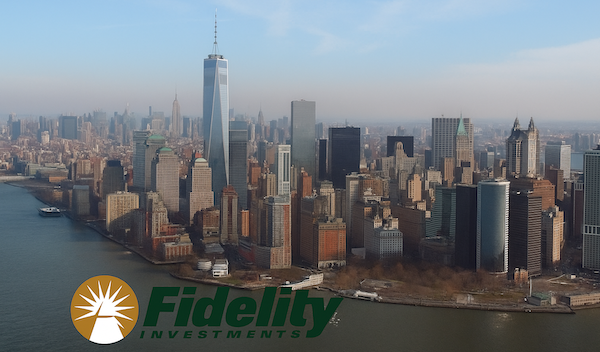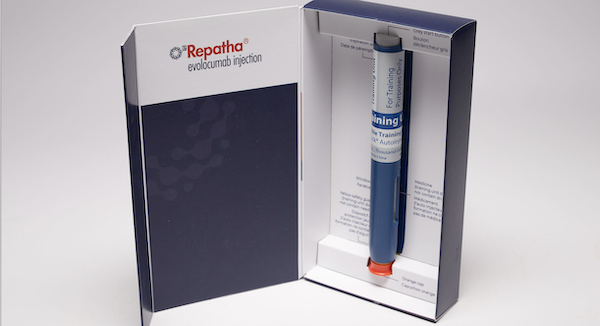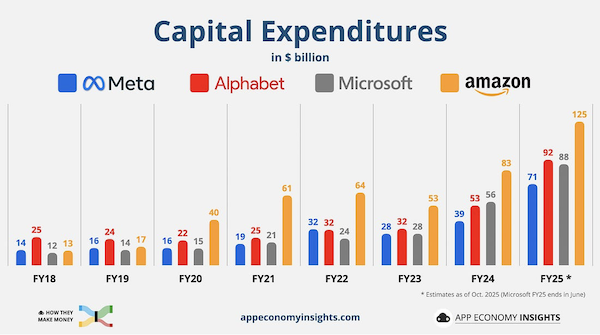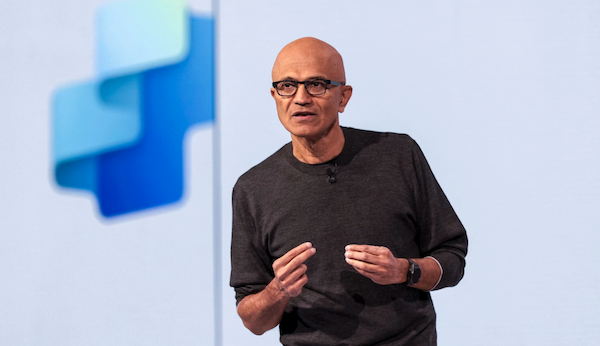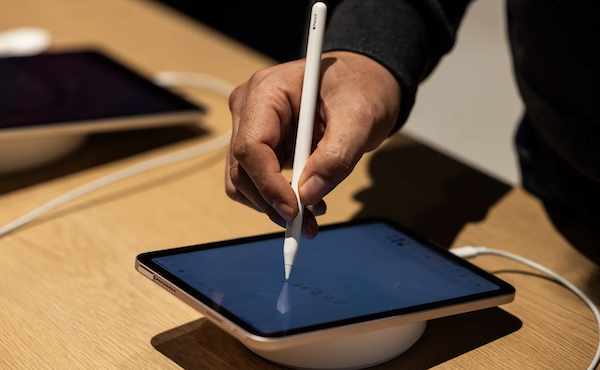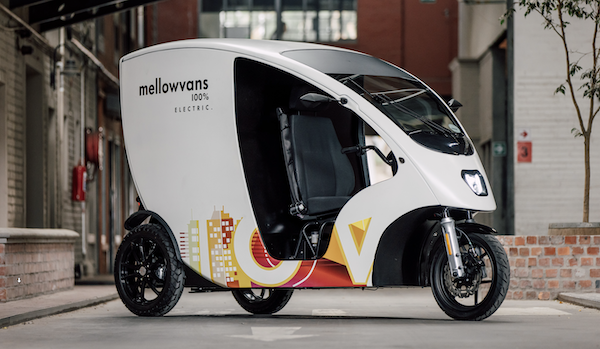
When Neil du Preez first dreamed up MellowVans, he wasn't chasing a trend, he was solving a problem he'd seen first-hand. Watching tuk-tuks dart through traffic on the bustling streets of Southeast Asia, he saw potential in their simplicity but also the opportunity to reinvent them for a new era: safer, sleeker, and electric.
Back home in Stellenbosch, he built his prototype. First for passengers of "MellowCab," and later pivoting toward cargo, when e-commerce exploded and the demand for efficient last-mile delivery surged.
Today, MellowVans serve blue-chip fleets like DHL, Takealot, Spar, and Woolworths, offering 140km of range, 2.5 metres cubed of cargo space, and operating costs as low as R0.15/km. The company has since gone global, gaining EU and UK road certification, landing pilots in Belgium and the Netherlands, and even picking up a logistics award at the Paris Motor Show.
With 70% local content in the vehicles, and financial backing from the IDC, MellowVans has scaled up production while keeping its soul firmly South African. Now, as global cities push for cleaner, smaller delivery vehicles, MellowVans is South Africa's quiet contribution to the electric revolution.


